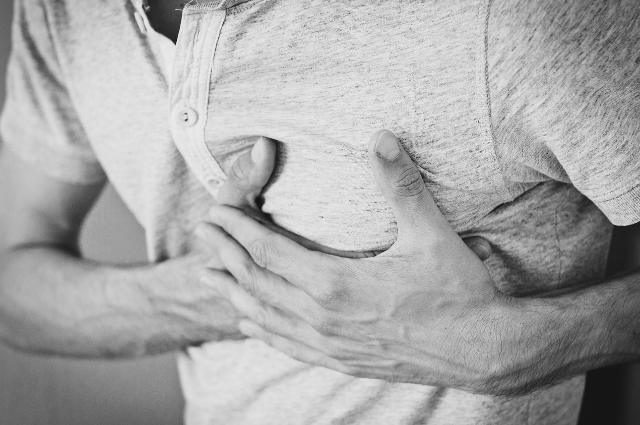
Breathing amidst the milieu of the 21st century, something that is grossly unfortunate is the fact that we consciously choose to breathe under the garb of the phrase, ‘ignorance is bliss.’ We have walked past over the dark ages and yet we live rather choose to live in the darkness. We create hell within ourselves the very moment we decide to make peace with ignorance.
In 2012, WHO raised it’s slogan, “one in six” which means that in every six people, one dies due to a stroke. Stroke is nothing but the blockage or bursting of cerebral vessels. In most of the cases it leads to paralysis of one half of the body, incoherent speech or distress in defecation and urination. Transient vertigo, slight deviation of mouth to one side or temporary senselessness of hand and feet are symptoms of stroke which may lead to future serious outcome if not diagnosed and treated properly.
However one has to keep in mind that with the advancement in science, technology and modern instruments, we are doing our part in fighting with the ill effects of stroke. To deal with the darkness one has to accept the presence of darkness and henceforth start looking for the light. The light to the darkness of stroke accelerates in two steps. The first step is creating awareness among people about ‘what is stroke’, 'why should one be aware of stroke’ and ‘how to deal with stroke.’ The second step involves rehabilitation. But unfortunately, the awareness pertaining to rehabilitation is not accelerating as per it’s requirements.
Specifically in third-world developing and underdeveloped countries, out of thirty stroke patients, twenty-four cases occur in low socioeconomic countries. Every year fifty-eight lakh people die due to stroke. This figure is unfortunately more than AIDS, tuberculosis or malaria. In every six seconds, one person dies due to stroke. It is pathetic to note that seventy percent of people do not understand that they have suffered an attack of stroke. The statistics all the more stress on how important it is for us to be aware of stroke and the following need for rehabilitation.
In our third-world poor countries like that of India poverty and over population adds fuel to the already breeding problem. It is very important to address the issue beginning from the ground level. The disease isn’t the only problem, the ignorance of it is a far more gruesome problem. It is unfortunate that standing on the ground of the 21st century we still are ignorant of the needs and value of rehabilitation. It is very important for us as a population to get over the slumber of ignorance and start making effort to reach for the hands of rehabilitation. If the patient starts accepting rehabilitation within forty days of the attack of stroke, they can get over the ills of stroke very soon. It is sad but the hard-hitting reality of our contemporary society that there aren’t enough rehabilitation centers in our country but as the saying goes, ‘every cloud has a silver lining.’
We as a team for humanity have to successfully work to bring our patients back to the Darwinian world, ensuring their active participation in different walks of life. One has to always keep in mind that the ocean is the result of the amalgamated contribution of each droplet. We as the people of the undivided society are those droplets who have to do our part by being educated and accelerating education and knowledge of the horrors and the ways to overcome the horrific effects of the horrors. Let’s pledge together to do our part in the creation of the mighty ocean- the ocean that isn’t ignorant, the ocean that is healthy, wealthy, and wise.
. . .
